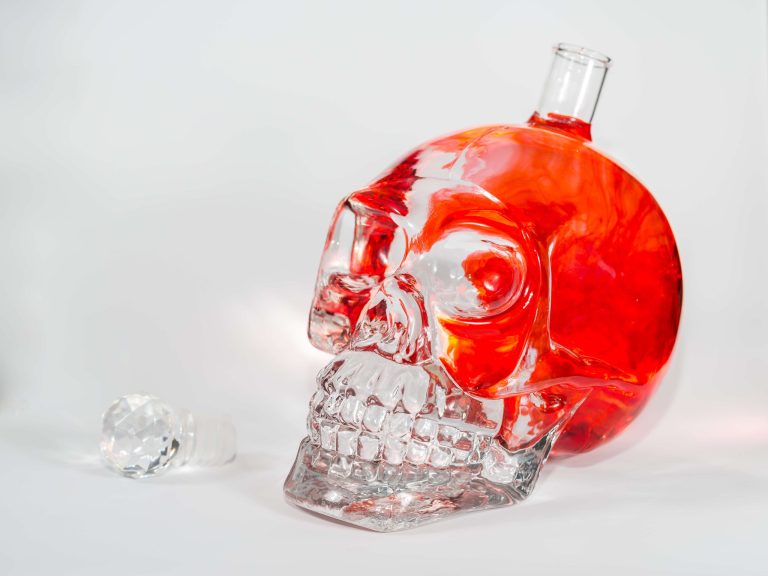Content
But even if you’re able to succeed at work or hold your marriage together, you can’t escape the effects that alcoholism and alcohol abuse have on your personal relationships. Drinking problems put an enormous strain on the people closest to you. Drinking problems can sneak up on you, so it’s important to be aware of the warning signs of alcohol abuse and alcoholism and take steps to cut back if you recognize them. Understanding the problem is the first step to overcoming it and either cutting back to healthy levels or quitting altogether.
They do not obtain confidential information from the EAP nor do they independently approach the employee regarding the problem. The researchers found that overall, employees who interacted with the public drank more after work than those who did not. Additionally, surface acting was also linked with drinking after work, and that connection was stronger or weaker depending on the person’s trait-like self-control and the job’s extent of self-control. While previous research has shown a connection between service workers and problems with drinking, Grandey said the reasons why were not known. She hypothesized that by faking or suppressing emotions in front of customers, employees may be using a lot of self-control. Later, those employees may not have a lot of self-control left to regulate how much alcohol they drink.
Signs to Look for
With alcohol, drinking every day can have serious consequences for a person’s mental and physical health, both in the short- and long-term. Many of the effects of drinking every day can be reversed through early intervention but become harder to treat with time. It’s critical torecognize alcohol abuseandtreat alcoholismas early as possible to avoid irreversible damage to the brain and body. Over time, excessive drinking can lead to mental health problems, such as depression and anxiety. Alcohol abuse can increase your risk for some cancers as well as severe, and potentially permanent, brain damage. It can lead to Wernicke-Korsakoff syndrome , which is marked by amnesia, extreme confusion and eyesight issues. WKS is a brain disorder caused by a thiamine deficiency, or lack of vitamin B-1.
- While HR can establish codes of conduct employees must abide by, there will still be limitations on all employee actions outside the workplace.
- Research has shown that treatment for an AUD pays for itself, as it reduces healthcare costs and employee turnover, and boosts overall productivity.
- But if you have a response to alcohol that’s noticeably different from other people’s, it may be time to reexamine your relationship with drinking, advised Pagano.
- This figure perhaps makes more sense given the 1 in 10 workers who reported drinking shots with colleagues after work.
- On average, the liver can metabolize 1 ounce of alcohol every hour.
Some people will feel unwell immediately after drinking alcohol. They may have an intolerance, insensitivity, or allergy to alcohol or another ingredient in a drink. Those who drink moderately, one or two drinks per day, can have a higher risk for breast cancer. They may also be prone to increased violence or accidents. If you reach a BAC of 0.25, you may have concerning signs of alcohol poisoning. At this time, all mental, physical and sensory functions are severely impaired. At this stage, with a BAC from 0.09 to 0.25, you are now legally intoxicated.
How common is binge drinking?
Denial is one of the biggest obstacles to getting help for alcohol abuse and alcoholism. The desire to drink is so strong that the mind finds many ways to rationalize drinking, even when the consequences are obvious. By keeping you from looking honestly at your behavior and its negative Risks of Drinking After Work effects, denial also exacerbates alcohol-related problems with work, finances, and relationships. The alcoholic does not initially have to want to get help to go into treatment. Many people go into treatment because of some kind of threat such as loss of a job or possible incarceration.
Does alcohol make you less productive?
Contrary to popular belief, drinking alcohol, smoking and over-eating have no affect your productivity, as long as you've had enough sleep, according to new research.
As COVID took hold in 2020 and restrictions were put in place, the government placed off-licences in the same category as pharmacies, deeming them to be “essential services”. So although pubs, bars and restaurants were closed people could https://ecosoberhouse.com/ still buy alcohol from off-licences and supermarkets. This raised the issue of how we all view problems with alcohol. Too many people, including employers, see getting drunk as self-inflicted or a “bad” choice made by the employee.
Alcoholism Among Professionals
The risk of overconsumption in a workplace (or work-related) setting can have serious repercussions for both the individual and their company. The average post-work booze session lasts almost two hours, adding substantially to an already long day on the job. This can contribute to exhaustion, brain fog, and overall lower productivity among workers. Take your second cue from your knowledge of yourself and the effect of alcohol on your actions. Do two drinks make you slur your words or lower your guard and chatter excessively? Does alcohol make you sick or feeling as if you have an upset tummy? If so, you may not want to drink alcohol at company events.

